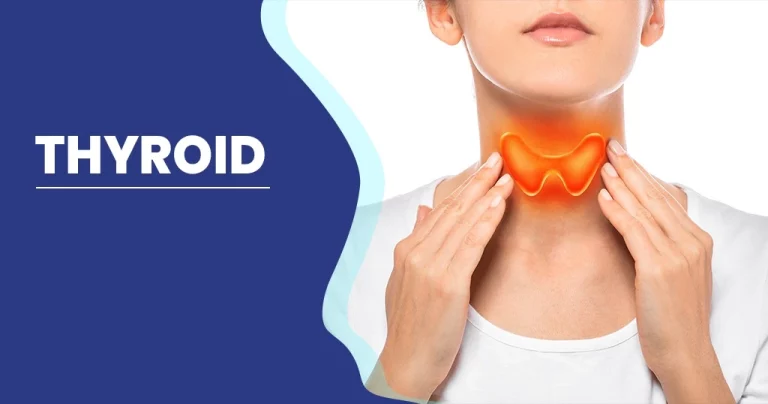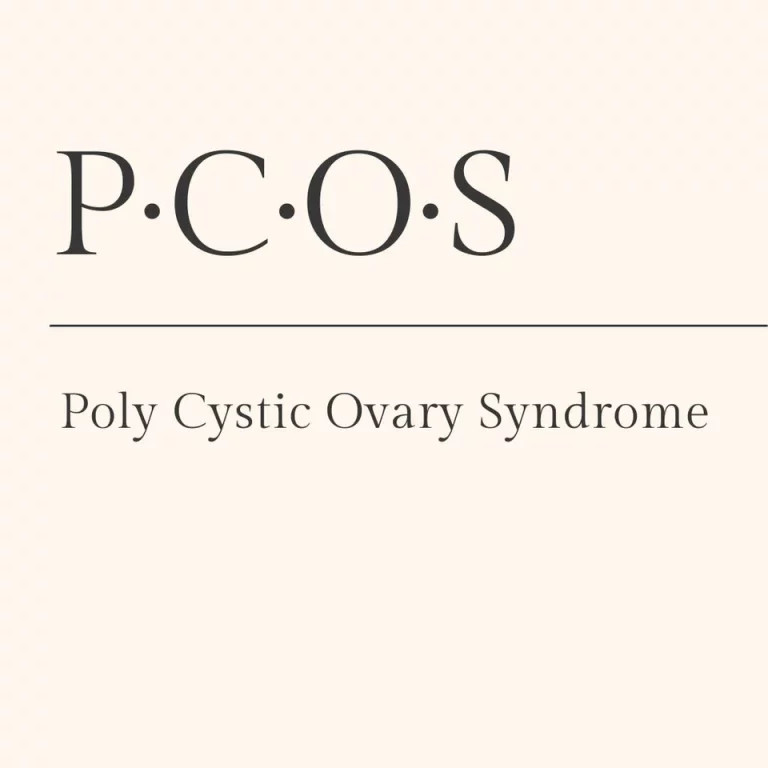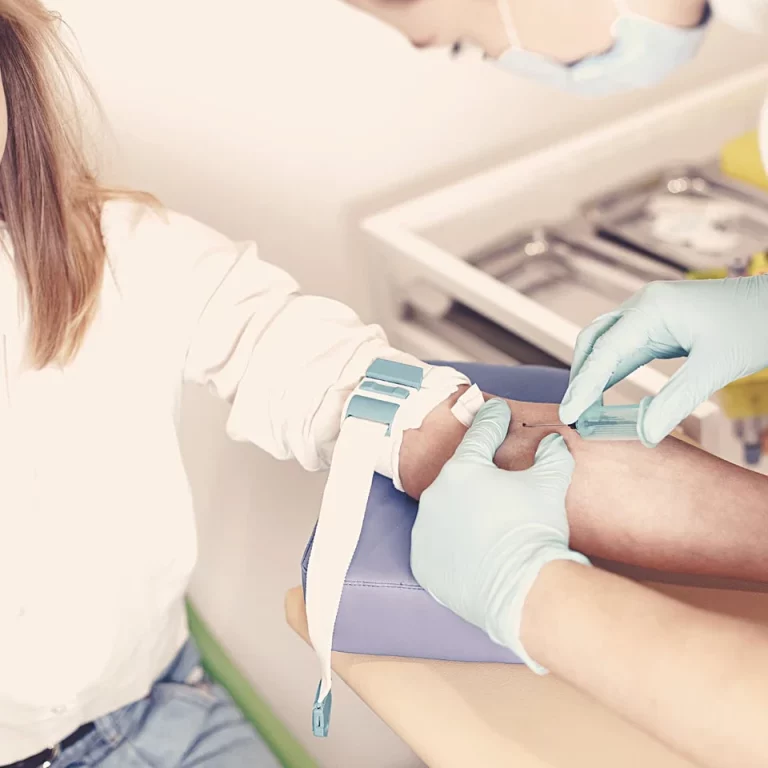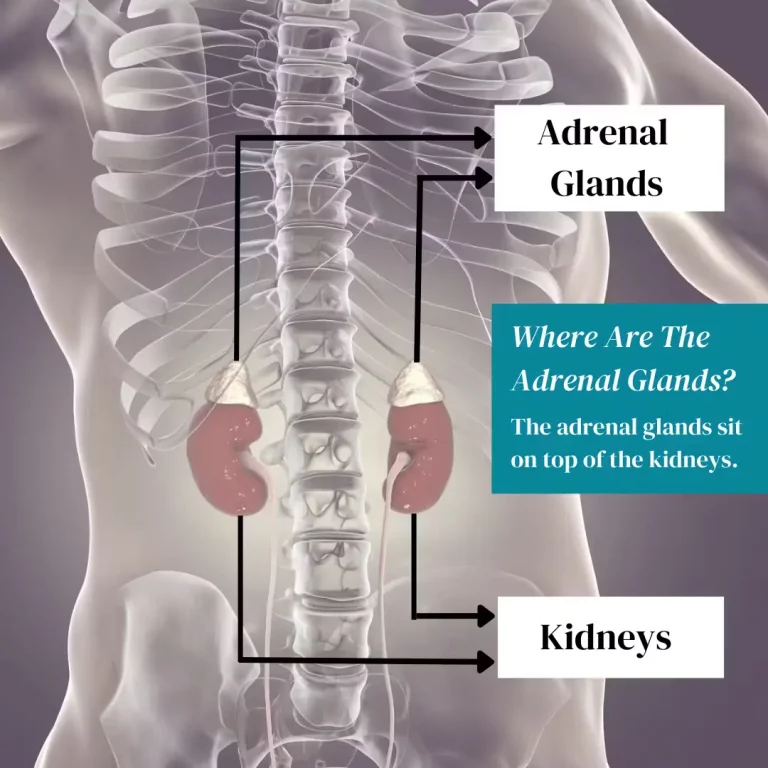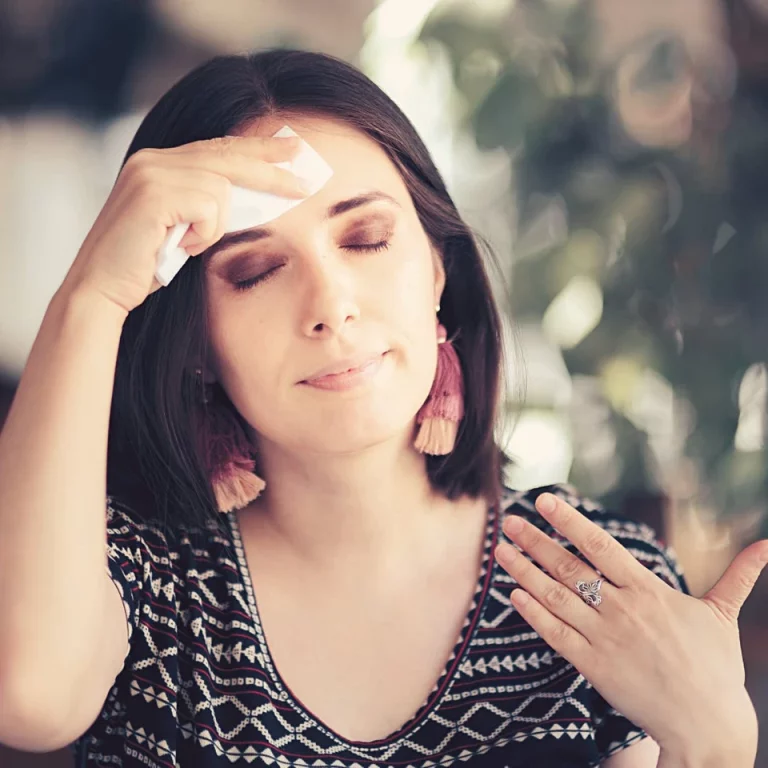Signs Of Early Menopause
One of the earliest signs of menopause is irregular bleeding patterns in relation to your menstrual cycle. This means if you usually have a 28 or 31 day menstrual cycle and this pattern becomes irregular or you begin to skip periods, it could be a sign that you are starting to have changes related to menopause. Changes to your menstrual cycle that happen before your 40s could be a sign of early menopause.
Before menopause comes a period called perimenopause, during which time a person can have physical and mood changes many years before their last period. This transitional time of perimenopause can last from 4 to 8 years. Perimenopause ends 1 year after the person’s last menstrual period.
What Are Perimenopause Symptoms?
Early-stage perimenopause is typically defined by occasional skipped menstrual cycles. Some women report heavier bleeding during the menstrual cycle, but longer periods of amenorrhea (lack of menstrual period) between each cycle. When a woman has amenorrhea for 60 days or more, she is considered to be in late-stage perimenopause.
Menopause is when a person has their final menstrual period and it is diagnosed when you have not had a period for 12 months in a row. Menopause occurs between ages 40 and 58, and the average age of menopause (the final period) is 51.
Early Menopause Symptoms
Many menopausal symptoms are attributed to fluctuating, and ultimately decreased, levels of estrogen. As the ovaries reduce estrogen production, a woman’s body may reflect that hormonal change in a variety of ways.
Being in perimenopause is the most likely predictor of impending menopause. As mentioned above, a person in perimenopause will have irregular periods. There is a small subset of people who may experience only this one symptom of irregular menstruation until their periods finally end. Most other people will report a variety of other symptoms, including hot flashes, night sweats, vaginal changes, sexual changes, mood changes, and difficulty sleeping. The intensity of these and other symptoms varies greatly for all women, and they are considered a normal part of the menopause transition. In fact, it is believed that 90% of women worldwide seek treatment for menopause symptoms.
Hot Flashes and Night Sweats
Hot flashes are the most commonly reported menopausal symptom. Night sweats are simply hot flashes that occur at night, often disrupting sleep. A hot flash is the sudden feeling of heat rising from the chest and neck up to the face and down the arms. They typically last 1–4 minutes and are often followed by a cold chill. These symptoms, clinically called vasomotor symptoms (VMS) tend to be more intense and more frequent in late-stage perimenopause and postmenopause. But again, every woman experiences menopausal transition in her own unique way.
Related: What Is The Age For Perimenopause?
Vaginal and Sexual Changes
Genitourinary Syndrome of Menopause (GSM), is a fancy term to refer to the collection of symptoms involving the genitourinary tract (labia majora, labia minora, vestibule, introitus, clitoris, vagina, urethra, and bladder). Lower levels of estrogen in the body can lead to vaginal atrophy, or the drying and thinning of vaginal tissues. This can lead to a feeling of vaginal tightness and soreness or burning during sexual intercourse. The thinning tissues could also lead to urinary incontinence.
Early Menopause Symptoms: Take Home Points
The transition to menopause and postmenopause is at once unique to every woman and a normal, natural part of a woman’s life cycle. We have explored a few of the most commonly reported symptoms of various stages of this transitional time, and there are many other symptoms that can be associated with menopause transition. Talk to your ob-gyn to learn more about your unique situation.
Sources
https://pubmed.ncbi.nlm.nih.gov/33263443/
https://pubmed.ncbi.nlm.nih.gov/31941004/
https://www.liebertpub.com/doi/10.1089/jwh.2019.7913
https://pubmed.ncbi.nlm.nih.gov/29952797/
We discuss products we think are useful to people. If you buy something through our links, we may earn a commission. Remember to check with your personal physician to see if a product recommended is right for you.



